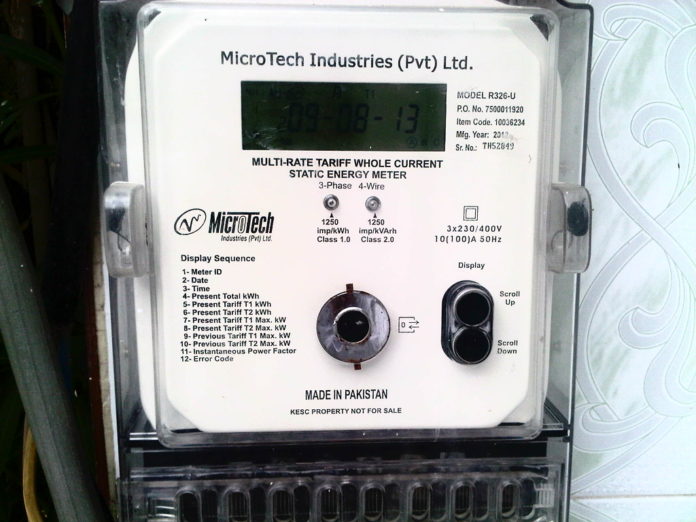FAISALABAD (ABC) – Pakistan’s textile sector is deeply perturbed over the surging challenges, particularly the escalating cost of doing business driven by the unbridled energy rates.
Talking to WealthPK, Rehan Ahmed, a textile exporter, said the exporters for years expected a level playing field from the government but contrary to their expectations, the mainstream media was reporting an impending hike in the gas and electricity tariffs following pressure from the International Monetary Fund (IMF).
Faisalabad is considered Pakistan’s textile hub with dozens of industrial units engaged in manufacturing of various textile products for export to the US, Europe and other countries and regions.
Ahmed said another surge in the gas and electricity rates would badly hit the textile sector and dent its global competitiveness. “The decision will be catastrophic for textile exports and we are not in a position now to absorb more shocks,” he added.
Like Ahmed, other textile exporters and traders in the city have also raised their concerns over the reports of an impending surge in the gas rates.
Zia Ahmed expressed fear that the increase might cripple the competitiveness of the industry, which was striving to sustain and serve the nation.
He said gas and electricity were the main components to energize the textile machinery, and the surging utility bills were hampering production.
He questioned how the exporters would earn when the costs were rising and profits were shrinking.
He pointed out that the Indian government was assisting its exporters in capturing the international markets by outclassing rivals but the things in Pakistan were otherwise.
“Instead of seeking new benefits following the emerging global challenges, we are requesting a level playing field. It is evident that our legitimate privileges will be usurped in the name of IMF restrictions,” he said.
Raw fabric traders are also alarmed, claiming the decision would prove a last nail in the coffin of textile business, which is already grappling with multiple challenges.
Talking to WealthPK, Riaz Ahmed, a fabric trader, asked why only the masses had to bear the financial burden. He said for years the masses were sacrificing and the privileged class was enjoying all the perks and privileges.
Muhammad Amjad, a member of All Pakistan Textile Processing Mills Association, told WealthPK that the textile sector held a tremendous potential to generate numerous jobs and fetch foreign exchange.
This sector needs smooth and favorable policies but the situation is going from bad to worse, he added.
“We anticipate that the government will likely increase rates rather than pay heed to the stakeholders’ suggestions. Regrettably, we are left with no option but to play the role of a silent spectator, as our own people are leading us astray,” he lamented.
He suggested that instead of putting financial burden on the textile sector, the government must conduct a survey to ascertain the current situation of this vital sector.
Millions of people are directly and indirectly attached with the textile sector, supporting their families and contributing to the forex.
Muhammad Amjad warned that a spike in gas prices could lead to an unprecedented unemployment and closure of mills.
The situation will not only jolt the textile sector but also the entire economy, as multiple sectors, including paper, plastic and chemicals, are attached with the textile business, he added.

